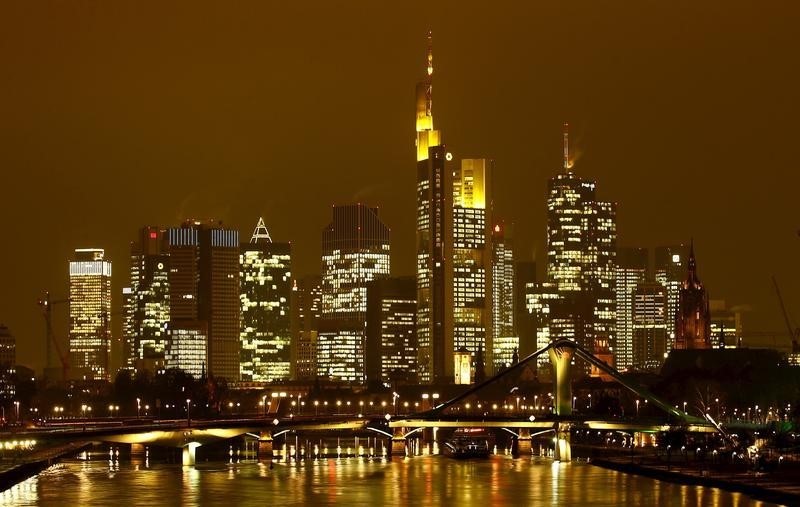By John O'Donnell
FRANKFURT (Reuters) - The top 10 percent of Germans have almost 60 percent of the wealth, a study by the central bank found on Monday, laying bare a wide gap between the richest and the poorest in Europe's biggest economy.
Although Germany is known for its post-war social market economy, which established a generous welfare state alongside pro-industrial policies, the Bundesbank found that half the population had little or no wealth.
The Bundesbank identified rising property prices as driving wealth for those who own it, while those who rent, as many Germans do, were falling behind.
Households who own their home saw wealth jump by more than 33,500 euros (£26,259) in the four years to 2014, while those who rent saw theirs rise by just 1,000 euros or less.
While Germany's postwar boom produced some of Europe's richest men and women, from the Quandt family behind car-maker BMW to the owners of discounter Aldi, reform of welfare payments and slack wage growth mean most Germans live modestly.

The Bundesbank, which surveyed thousands of households in 2014 as part of its study, found that the bottom half of the population had to make do with just 2.5 percent of the country's overall wealth.